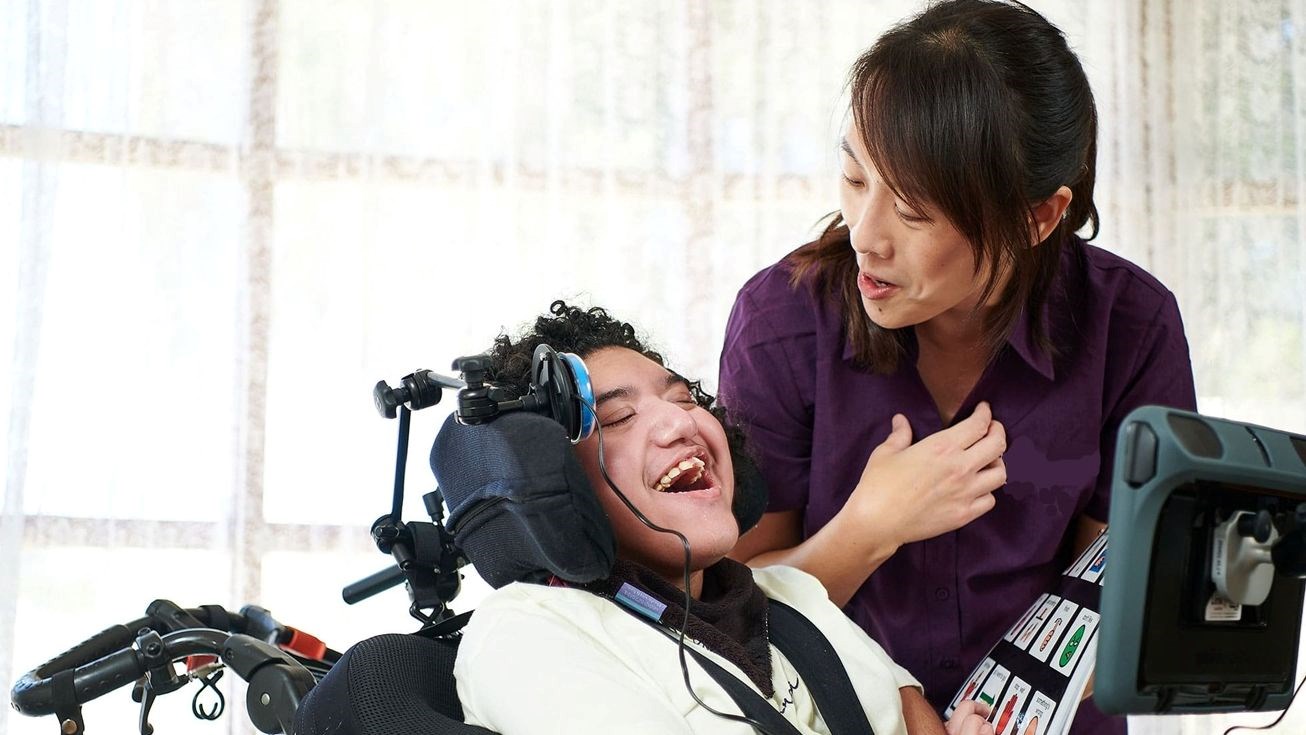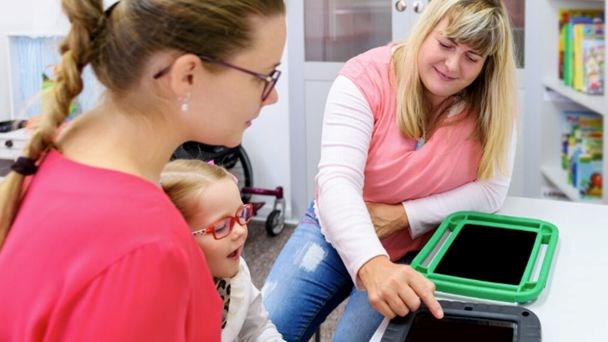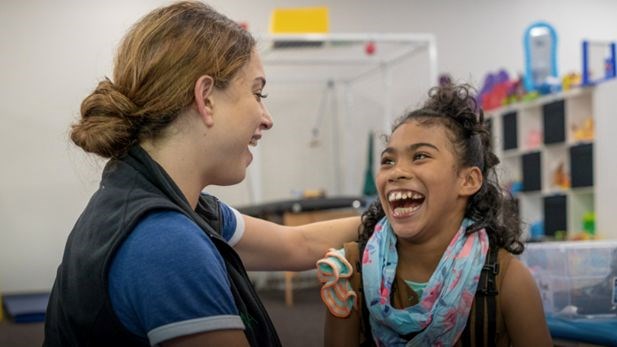Speech Language Pathologists

Services provided by Speech Language Pathologists are designed to support students whose ability to access communication is affected by communication challenges. Any student with delayed, disordered or atypical speech and/or language skills (oral and/or written) should be brought to the attention of the Speech Language Pathologist.
SLP services may include a range of services encompassing prevention, identification and assessment, home or school therapy programming, program development and planning through consultation and collaboration with other educators, in-service training, information sharing with families and other service providers.
The role of the Speech Language Pathologist may include:
- participation on School Based Teams to develop IEPs including defining goals, objectives and strategies for oral and written communication as well as behaviour
- participation on School Based Teams, to discuss and problem solve with other educators, specific student learning profiles with regard to pre-referral intervention, assessment and program planning
- assessment of students with academic concerns in the area of oral communication and written language; identifying and assessing communication challenges
- consultation and collaboration with the augmentative and alternative communication speech-language pathologist when necessary
- collaborative consultation with teachers and other service providers regarding program planning for students with oral and written communication difficulties
- provision of individual and/or group therapy
- report writing and interpretation of assessment/treatment information to parents, teachers and other service providers
- liaising with families and outside agencies
Referral Process
Speech Language Pathology service is accessed through School Based Team.
Augmentative & Alternative Communication Speech Language Pathologists (AAC SLPs)
The primary role of the AAC SLP is to support school teams working with students who are functionally non-speaking.
The AAC SLP provides primarily consultative services which may include:
- observation and assessment of the student's communication needs
- consultation and training with the school based team in the use of augmentative or alternative communication systems that may include communication boards, communication books, and speech-generating systems
- collaboration with the school based speech language pathologist, teachers, support workers, District resource teachers, parent/guardians and other team members to develop and implement personalized communication system
- initiating a trial for possible implementation support of electronic augmentative or alternative communication systems
- education relating to strategies and implementation of AAC systems for the purpose of enhancing the student’s communication ability
- liaising and/or collaborating with outside agencies and service providers
Referral Process
Augmentative & Alternative Communication Speech Language Pathology service is accessed through the school based SLP.



